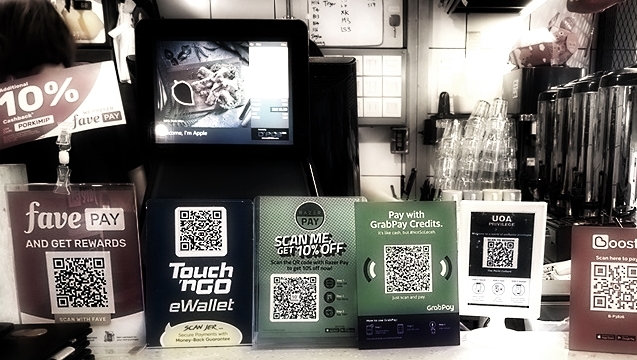Sin Chew Daily
A recent Mastercard survey shows that the coronavirus pandemic has expedited the adoption of e-commerce and digital payment, as Malaysian consumers ride the wave of cashless online shopping.
Prior to this, the country has already made a good headway towards the cashless society by encouraging the use of e-wallets.
The former Pakatan Harapan government distributed RM30 e-Tunai Rakyat this January for 15 million eligible e-wallet users with the objective of promoting more efficient electronic transactions in creating a digitized society.
Later in June, prime minister Tan Sri Muhyiddin Yassin announced the RM750 million e-Penjana program to distribute RM50 to an estimated 15 million eligible e-wallet users in the country. This shows that both the PH and PN governments have been very supportive of e-payment.
Malaysian consumers have become more inclined to adopt the contactless e-payment mode ever since the onset of the coronavirus outbreak. This has significantly helped boost the use of e-wallets.
According to Mastercard's survey, 64% of correspondents say they have cut down on cash usage while about 40% consumers say they use e-wallets to make payments, 26% use contactless debit cards and 22% contactless credit cards.
Given government encouragement and the fact that the coronavirus is not going to vanish any time soon, it is believed that e-payment will become increasingly popular among Malaysian consumers. That said, we still need to overcome some of the challenges if we want to further promote e-payment as we move towards the goal of a cashless society.
There are currently a large number of e-payment platforms available in the local market. Even some of the larger malls and digital malls are also introducing their own e-wallet systems.
Such a proliferation of choices actually inconveniences the consumers because the e-wallets that they have may not be compatible with the system offered by the merchant.
Although e-payment has become a major commercial trend nowadays, consumers need to be particularly cautious about its use. Sweden, for instance, is at the forefront of e-payment adoption and the country is expected to be among the first truly cashless societies in the world. However, there have been voices calling for reviewing the trend as people highlight possible irregularities that may arise from a cashless society.
E-payment has many advantages such as easy tracking of business transactions and efficiency, but there are also hidden concerns about privacy and security. For people who are cautious, perhaps cash payment may not be as efficient as e-payment, at least your cash will not get a virus nor will it "hang".
In view of this, as we embrace e-payment in our quest of a cashless society, perhaps we should spend a little more time contemplating the conflicts between privacy and convenience, as well as between efficiency and safety, to ensure maximal benefits and protection for our society.

ADVERTISEMENT
ADVERTISEMENT


































